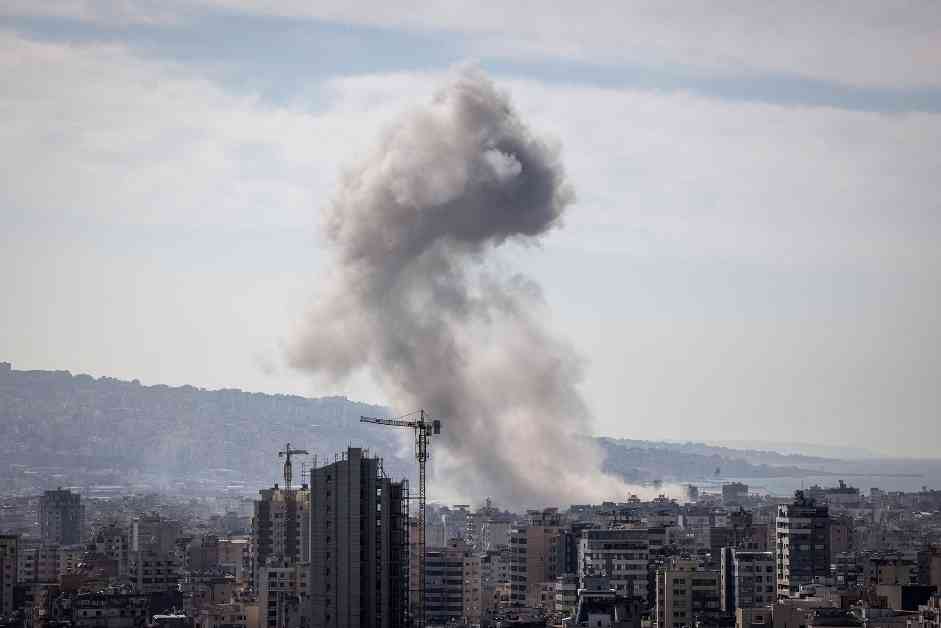United States envoy Amos Hochstein is scheduled to travel to Beirut on Tuesday, according to two Lebanese official sources. This trip is seen as a positive development in the ceasefire negotiations between Israel and Hezbollah in Lebanon. Lebanese Prime Minister Najib Makati mentioned that Beirut has responded favorably to a US-backed proposal aimed at ending the conflict. Makati stated that while there were some unclear points in the ceasefire proposal, many aspects of the draft agreement have been resolved. Hochstein will engage in face-to-face discussions to clarify certain points with Lebanese officials.
The US ambassador to Lebanon, Lisa Johnson, delivered the proposal to the Lebanese government through parliament speaker Nabih Berri. Hezbollah reviewed the proposal and submitted a mostly positive response to Lebanese authorities. The ceasefire proposal, supported by the US, seeks a 60-day cessation of hostilities and is intended to serve as the foundation for a lasting ceasefire. The terms of the proposal align with UN Resolution 1701, which concluded the Lebanon-Israel war in 2006. This resolution specifies that only the Lebanese army and UN peacekeeping forces should be present in the area south of Lebanon’s Litani River.
The proposal also requires the withdrawal of Israeli ground forces from southern Lebanon, along with stricter enforcement of Resolution 1701. However, an Israeli source expressed skepticism about reaching an immediate agreement, citing Hezbollah’s reluctance to accept Israel’s demand for the right to strike Hezbollah targets in case of ceasefire violations. This contentious issue could pose a challenge to the negotiation process.
Israeli Minister of Finance Bezalel Smotrich emphasized the importance of full operational freedom for the Israeli military in southern Lebanon. He underscored that this condition is non-negotiable and essential for Israel’s security. Despite reports suggesting such demands, Lebanese Prime Minister Mikati dismissed them as speculation and clarified that they were not included in the proposal he reviewed. Additionally, parliament speaker Berri stated that the US proposal did not mention Israeli military operational freedom in Lebanon, indicating that this demand would be unacceptable.
Hezbollah has signaled its willingness to separate its conflict with Israel from the situation in Gaza. The militant group had previously insisted on linking the two conflicts but now appears open to delinking them. Lebanese officials revealed that Hezbollah initially agreed to disconnect the conflicts before their leader Hassan Nasrallah was killed in an Israeli airstrike.
President-elect Donald Trump’s team has been in contact with the Lebanese government regarding the ceasefire negotiations. Reports suggest that Trump supports Hochstein’s efforts, which could enhance the prospects of a successful agreement. On the Israeli side, there is a readiness to proceed with a deal, dispelling rumors of potential delays. This willingness to engage in negotiations could have implications for resolving the conflict and addressing hostage situations in Gaza.
Overall, reaching a ceasefire agreement between Israel and Hezbollah holds significance beyond the immediate conflict, as it could impact the broader dynamics in the region. The involvement of key stakeholders, including the US and President-elect Trump, underscores the importance of finding a diplomatic resolution to the longstanding tensions between the parties involved.


